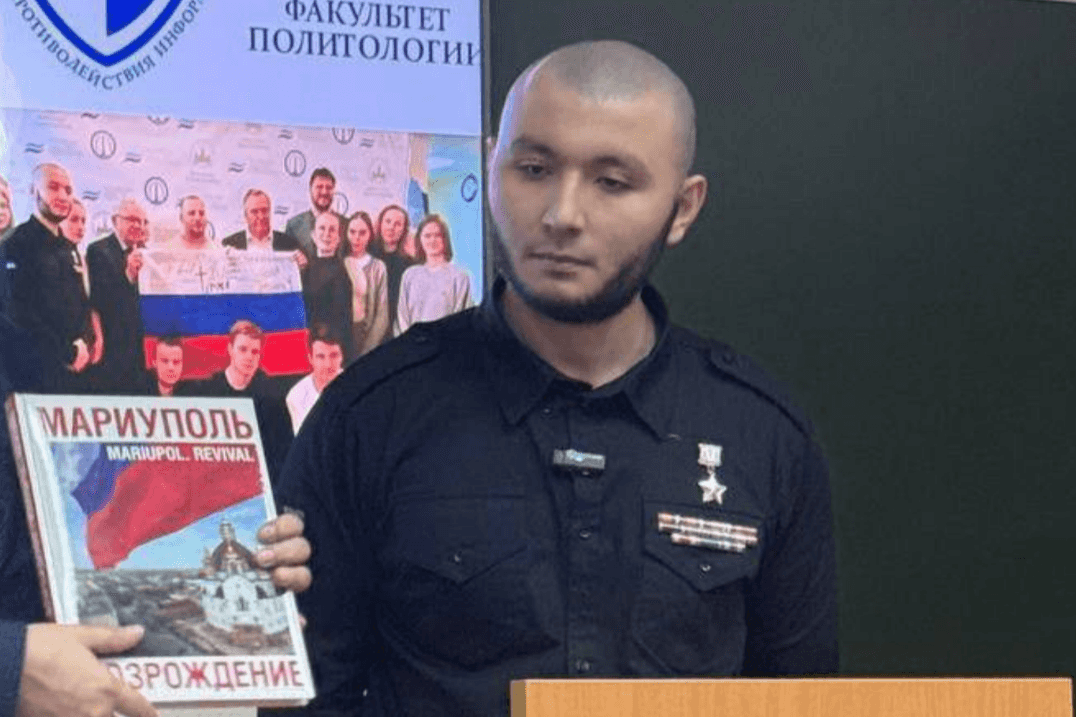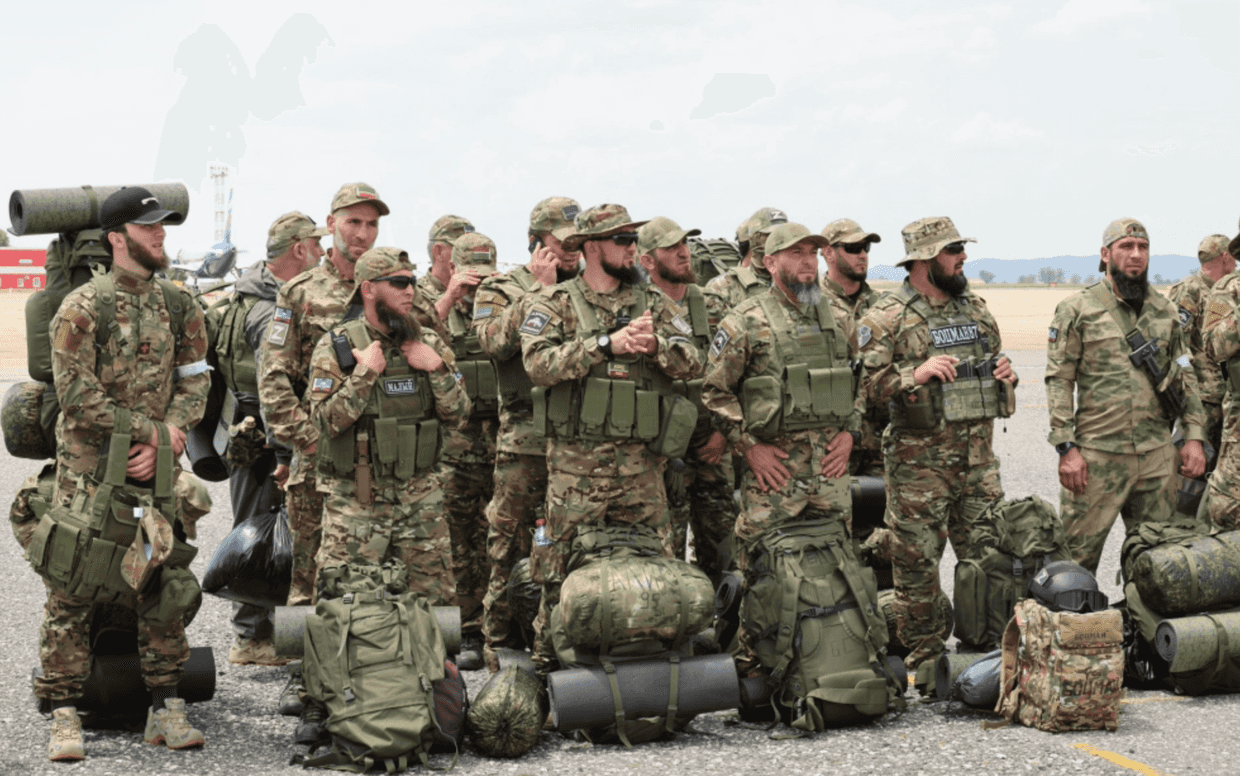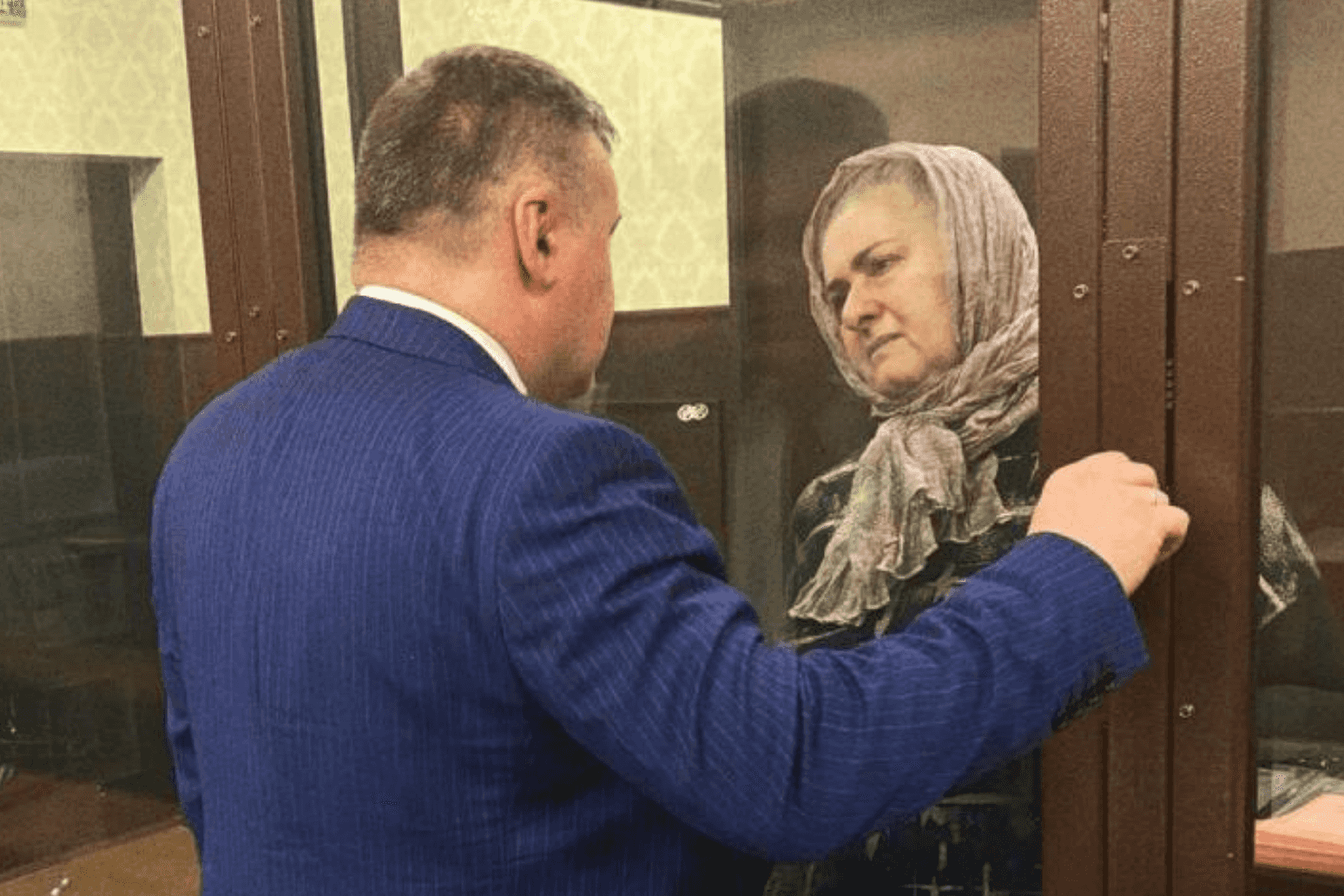
The case of an individual accused of burning a Quran in the southwestern Russian city of Volgograd has been transferred to Chechnya for further investigation. Russia’s Investigative Committee alleges that the act was instigated by the Ukrainian Security Services.
On 19 May, a 10-second video was published on social networks, in which an unidentified person holds a burning Quran against the background of a mosque in Volgograd.
The following day, Russia’s Investigative Committee announced that a resident of the city, Nikita Zhuravel, had been detained, and a criminal case launched against him in Volgograd, on charges of ‘insulting the religious feelings of believers’.
However, on Sunday, the Investigative Committee announced that the case had been transferred to Chechnya for investigation. The statement alleged that the decision was made on the basis of various factors, but particularly ‘numerous appeals from residents of the Chechen Republic with a request to recognise them as victims’.
The statement also claimed that Zhuravel testified that he had burnt the Quran ‘at the direction of the special services of Ukraine for a reward of ₽10,000 ($120)’, and had also filmed military facilities on their instruction.
About an hour after reporting Zhuravel’s detention and the opening of a case against him on 20 May, the Investigative Committee released a video in which Zhuravel described his actions.
In the video, his face is blurred, and his voice has been altered.
‘I bought the Quran on the instructions of the [Security Service of Ukraine] and burned it on 4 May 2023 near the mosque […] and filmed it with my own phone’, he says. ‘The video footage was sent to [Security Service of Ukraine] officers’.
According to Volgograd news agency V1.ru, Zhuravel is 19 years old, was born in Sevastopol, and had been working as a food courier in Volgograd.
If found guilty, Zhuravel faces up to three years in prison.
No response from Kadyrov
The head of Chechnya, Ramzan Kadyrov, has not yet made a statement regarding the developments in Volgograd.
However, Kadyrov, who is known for being aggressively outspoken on a number of issues including alleged anti-Islamic actions and rhetoric, has repeatedly issued threats on his social networks against those who damage or burn the Quran.
On 22 January, Kadyrov condemned the burning of a Quran by Rasmus Paludan, a Swedish far-right politician, outside the Turkish embassy in Stockholm. Kadyrov claimed the incident was evidence that Russia was fighting ‘satanist’ forces in Ukraine.
Following Kadyrov’s statement, Paludan burnt Qurans again at least twice, allegedly in protest against ‘Chechnya and its leader’ and Chechen UFC fighter Khamzat Chimayev, who had accused Paludan of being a ‘terrorist’.
On 16 March, Kadyrov posted a video on Telegram showing people in military uniforms similar to those of the Ukrainian Armed Forces tearing out a page from the Quran to light a fire.
Kadyrov offered to pay ₽5 million ($63,000) for the execution of the participants in the video and ₽10 million ($125,000) for their capture alive.
A month later, on 15 April, Kadyrov wrote about another case of a Quran being burnt, in this case near a lake in Moscow, and claimed that the incident was a ‘provocation’ related to the construction of a mosque in the Russian capital.
The mosque’s construction was protested for a month and a half, prompting authorities to change its location. Kadyrov, who had previously called for the protesters to be tried or mobilised, described the resolution as a ‘wonderful decision, satisfying everyone’.









